Planning Enforcement
Planning enforcement is the process of investigating and resolving possible breaches of planning law. Enforcement Officers have discretionary power to investigate and enforce these breaches. Planning enforcement is usually carried out by an enforcement officer, whose role may include:
- providing guidance about planning applications
- breaches of planning law
- retrospective planning applications and enforcement action
- investigating complaints to determine whether planning permission for works that have begun or are completed is required
- making site visits
- obtaining a warrant if entry is refused
- assessing developments that are in breach of planning law to determine the harm done and the possible remedies
- entering into negotiations with the parties
- taking enforcement action
- checking compliance with enforcement action
- instigating prosecutions for non-compliance with enforcement action
Possible enforcement actions include:
- no formal action
- retrospective planning application
- planning contravention notice (to require information or seek suggestions for how to remedy the breach)
- enforcement notice (giving notice of what the breach is and setting out the steps the local authority require to remedy the breach)
- planning enforcement order (when a person has deliberately concealed unauthorized development, a planning enforcement order enables action to be taken notwithstanding the fact that the time limits may have expired)
- stop notice (prohibiting activities in a related enforcement notice)
- temporary stop notice (requiring that an activity which is a breach of planning law should stop immediately)
- breach of condition notice
- an injunction.
If Local Planning Authority suspects that you have carried out works without planning permission, or without complying with a planning permission, it can issue an Enforcement Notice or a Breach of Condition Notice. The Notice will normally require that you remedy the breach of planning control. Enforcement Notices are very serious legal documents and you should always seek professional advice. If you have received an Enforcement Notice, email us a copy immediately or fill in the form below for a free assessment of your case.
Enforcement Notice
It is very important that you take professional advice. An Enforcement Notice is an important legal document that might require you to remedy a breach of planning control. You normally have 28 days to appeal the Notice and, if it takes effect and you do not comply with requirements, you are at risk of prosecution and a fine. It is almost always worth appealing an enforcement notice. At the very least, appealing it buys you some time – enforcement appeals take 9–12 months to be decided. Once you appeal, the enforcement action is paused and you can retain the unauthorised development while a decision is made. If you do not appeal within the time period set out in the notice itself (usually 28 days), the notice takes effect, and you are obliged to comply with its requirements.
Appeal Process
Most appeals are decided through written representations, meaning that both sides submit written Appeal Statements and the inspector makes a decision based on those arguments. The Planning Inspector will usually carry out a brief site visit. The site visit is purely for the Planning Inspector to see the site and is not an opportunity for either side to make its case. The appeal process is generally straight forward and stress free. Our consultants will handle all correspondence and there is little for you to do. You may need to provide access to the Planning Inspector for the site visit but can otherwise just await the decision.
Planning Contravention Notice (PCN)
A Planning Contravention Notice (PCN) is a document that asks you to provide information to help the council assess whether a breach of planning control has occurred. You are legally required to reply to the PCN, giving honest and complete answers, within the time limit set out on the notice (usually within 21 days). You can be prosecuted and fined for failing to respond to a PCN. If you receive a PCN, please contact us immediately for advice on how to respond. The answers you give in your response to the PCN may determine whether further enforcement action is taken and, though your answers must, by law, be complete and truthful, care should still be taken to ensure that you do not unnecessarily incriminate yourself.
Retrospective planning application
If you have a development that does not have planning permission, you can apply for permission retrospectively (i.e. after it is complete). A retrospective planning application is exactly the same as a regular planning application, except that the development is already in place. You submit the same application form, plans and application fee, and the application is assessed on the same policies, as if the development had not yet taken place.
Certificate of Lawfulness application
If the development you have carried out has been in place for 10 years, it is too late for the council to take enforcement action against it. You can apply for a Certificate of Lawfulness to confirm that your development is now lawful by virtue of the passage of time. If you don’t have planning permission for your development, but you think it does not need permission because it is ‘permitted development’, you can also submit an application for a Certificate of Lawfulness to establish that fact.
Get insight from our planning experts who will offer a detailed assessment to guide you through the most effective approach and chances of achieving success.
After thoroughly understanding the complexities of your enforcement issue, we will not only offer our expert counsel, but also provide a precise quote for our services to assist you.
The Process
To carry out the planning appraisal, we require the property’s address, a copy of the enforcement notice, supporting photos, and as much information as possible about your proposed or existing project.
After carefully considering your project and local planning policies, one of our expert planning consultants will conduct thorough research. They will also thoroughly examine the planning history and take into account any potential constraints that may affect the success of your project, whether it be through an appeal or retrospective planning application.
Typically, the research process takes approximately 1 – 2 hours to complete. However, the duration may vary depending on the complexity of the case. In such situations, a planning consultant will reach out to inform you of their recommendation, the probability of success, and any associated costs.

